Retirement living and how an individual can make smart investment decisions
Promotional feature: How the U.K care and retirement property sectors could provide diversity of income.

The UK’s population is ageing due to medical advances. It is not always a case that those who live longer will be in good health though, many develop health problems in their later years. The significant increase of an elderly population coupled with the decrease in those of a working age, will leave the UK government struggling to raise funds to cover the cost of their care.
In three decades to 2045, one quarter of the population in the United Kingdom will be aged 65 or older. The government and local authorities are already struggling to meet the needs of the elderly already in their care. With the increased pressure on services imminent, their struggle will be almost impossible to overcome. A report conducted by Newcastle University academics discovered that there will be a shortage of around 71,000 care beds in 8 years. This is because there will be an extra 353,000 older patients with complex care needs. At the intersection where urgent need meets dramatic under supply is where great potential profits can be found.
Headwinds faced by the care home industry - a shortage of staff and a struggle to recruit nurses with adequate skill-sets
Inadequate local municipality funding has meant that working in a care home has become unpopular with nurses. They are often under-resourced and understaffed and current employees work long hours with low pay. A 2016 report by Skills for Care found that each year just under 340,000 social care employees leave their job. The problem is only going to be compounded by the uncertainty of workers right to remain after Brexit and the removal of university grants for nurses. Non-British workers made up the shortage. Over the past three years, the number of foreign nurses working in the care system shot up by over 40%. Post-Brexit migration policies are set to tighten and if they leave the U.K faces a steep uphill battle to replace them.
According to analysis published by the Institute for Public Policy Research the UK will have to train up and recruit 1.6 million healthcare workers by 2022 to replace those that are leaving. A shortage of qualified nurses will have a large impact on the care home industry, which caters for elderly patients with specific medical requirements. Luxury retirement homes which cater for over 65’s that don’t need 24-hour nursing care will be less affected.
Retirement living investments – a more robust alternative

Savvy investors have discovered luxury retirement property provides the strongest investment case. The residents are affluent; that means that they are self-paying and not government supported. Thereby reducing political risk and cutbacks.
Each high-quality apartment is furnished with a typical rental of £1,250 per week. That includes hotel style services such as meal preparation, housekeeping, laundry room service. Other services include organizing social activities, help getting out and about, shopping, administering medication, personal hygiene, on-site award-winning chef, hair and beauty salons. Most residents say that it is the companionship and sense of community that attracts them to retirement communities.
As the residents do not usually have complex medical needs, there is not a statutory need to have a minimum level of nurses onsite. Thereby reducing operational risk and the cost of a potential shortage of nurses.
In 2017, Legal & General acquired a U.K operator with £51m of retirement property portfolio. Their chief executive, Nigel Wilson said “This acquisition is another terrific example of Legal & General using its long-term capital to address chronic market failures, by investing in a sector that delivers high social and economic impact to our society.”
The retirement home asset class is one of the most undersupplied in the UK housing markets. According to estimates, 3.3 million people in the UK wish to downsize, but only 7,000 specialised homes were built to accommodate later living.
Retirement home investments – the fundamentals
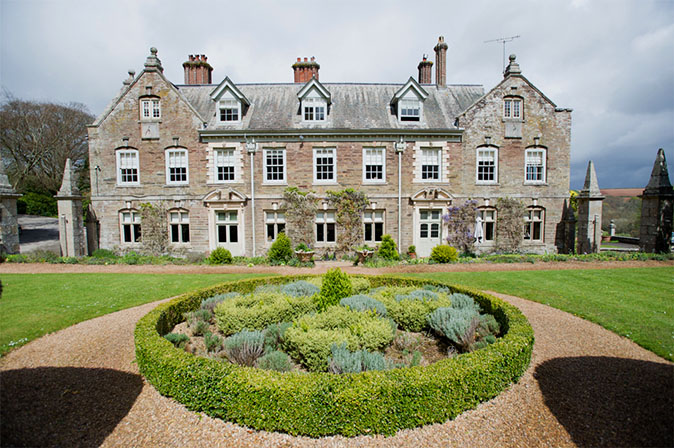
Langdon Court is a Grade II listed building in Devon. It is located near the small village of Wembury which is in an Area of Outstanding Natural Beauty. The towns of Dartmouth and Salcombe are also nearby and are famed for their restaurants, sailing and water sport attractions. The area is also popular with those who enjoy coastal walks and visiting historical villages such as that of Noss Mayo.
The manor house is steeped in history, having previously belonged to Henry VIII’s widow Catherine Parr before being passed on to Vincent Calmady for his services to the Navy. Now it operates as a hotel, which means it does not have a development risk attached. It will soon cater for the over 55 market as a luxury retirement retreat.
Langdon Court offers a range of activities and facilities that are associated with luxury. From fine dining experiences to a private vineyard, guests will be well-catered for. Lavish communal areas will also ensure that guests will be able to socialise with ease and in a pleasant environment.
Investors can purchase a suite in Langdon Court from £104,950 and these retirement home investments offer an annual return of 10% over a ten-year commercial lease. The suite or apartment is leased back to the developer and an experienced operator installed making it hands-off for the investor. Owning a rental property can time consuming if self-managed. As busy members of society, readers of Country Life can appreciate the value in having the property leased and managed by an operator.
In the U.K commercial property under £150,000 are exempt from stamp duty at acquisition. Recent tax changes on income on U.K residential properties will not apply to care homes or retirement home investments.
A comprehensive 24-page guide is free to download:

Retirement homes do not seem to have the same difficulties that care homes have regarding nursing staff shortages, minimum wage increases and funding shortages. They provide a service not for those with complex medical needs, but for those either looking to release equity from their property or who wish to spend time with other like-minded individuals. The increase in popularity of retirement living in the UK, the UK’s ageing population and the shortage of appropriate retirement living suites provides an ideal investment opportunity. Large corporations are recognising the gap in the market for retirement home investment and have begun investing millions into the sector. Opportunities tailored towards the individual investor and offered by One Touch Property often sell out within a few days. If property funds and private investors are recognising the benefit of UK retirement home investments, could it also pique your interest?
Website: www.onetouchinvestment.co.uk
Phone: 020 3709 4275
Email: enquire@onetouchinvestment.co.uk

Exquisite houses, the beauty of Nature, and how to get the most from your life, straight to your inbox.
-
 'The Taylor Swift effect? We've never experienced anything like it': Jeweller Cece Fein-Hughes' consuming passions
'The Taylor Swift effect? We've never experienced anything like it': Jeweller Cece Fein-Hughes' consuming passionsCece Jewellery's signature signet rings are beloved by the famous and fabulous — including Margot Robbie, Jacob Elordi and Taylor Swift. Lotte Brundle meets the woman behind the jewellery.
-
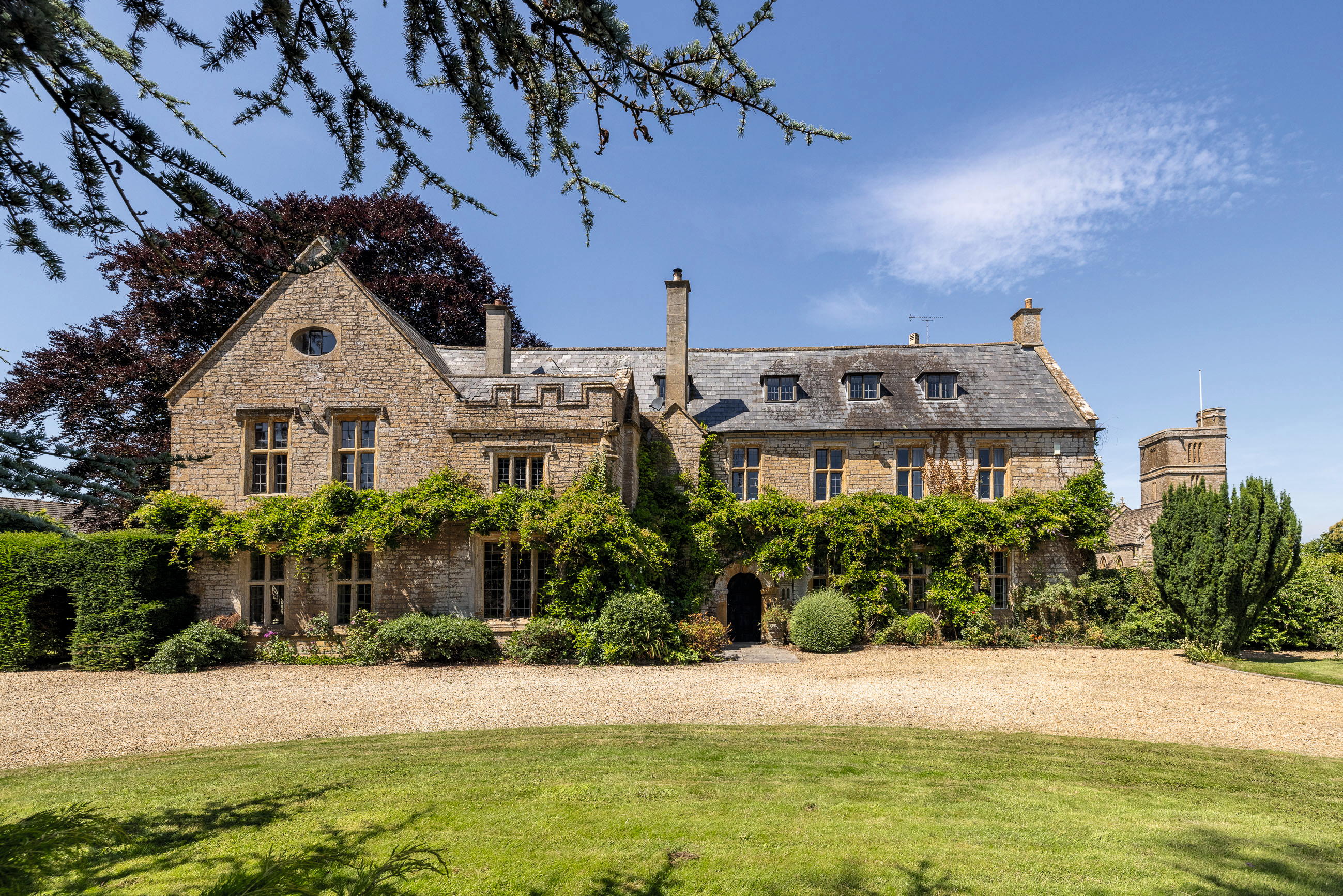 A medieval parsonage that's a 'fantasy mash-up of architectural styles', just down the road from a swish Somerset hotspot
A medieval parsonage that's a 'fantasy mash-up of architectural styles', just down the road from a swish Somerset hotspotThe Grade I-listed Tintinhull Court is a breathtaking home that straddles the eras.
-
 Jewels of the Mediterranean: Luxury multi-generational villa holidays
Jewels of the Mediterranean: Luxury multi-generational villa holidaysThe Thinking Traveller have some of the finest villas in the Mediterranean on their books for multi-generational holidays. Here are just a few of the highlights.
-
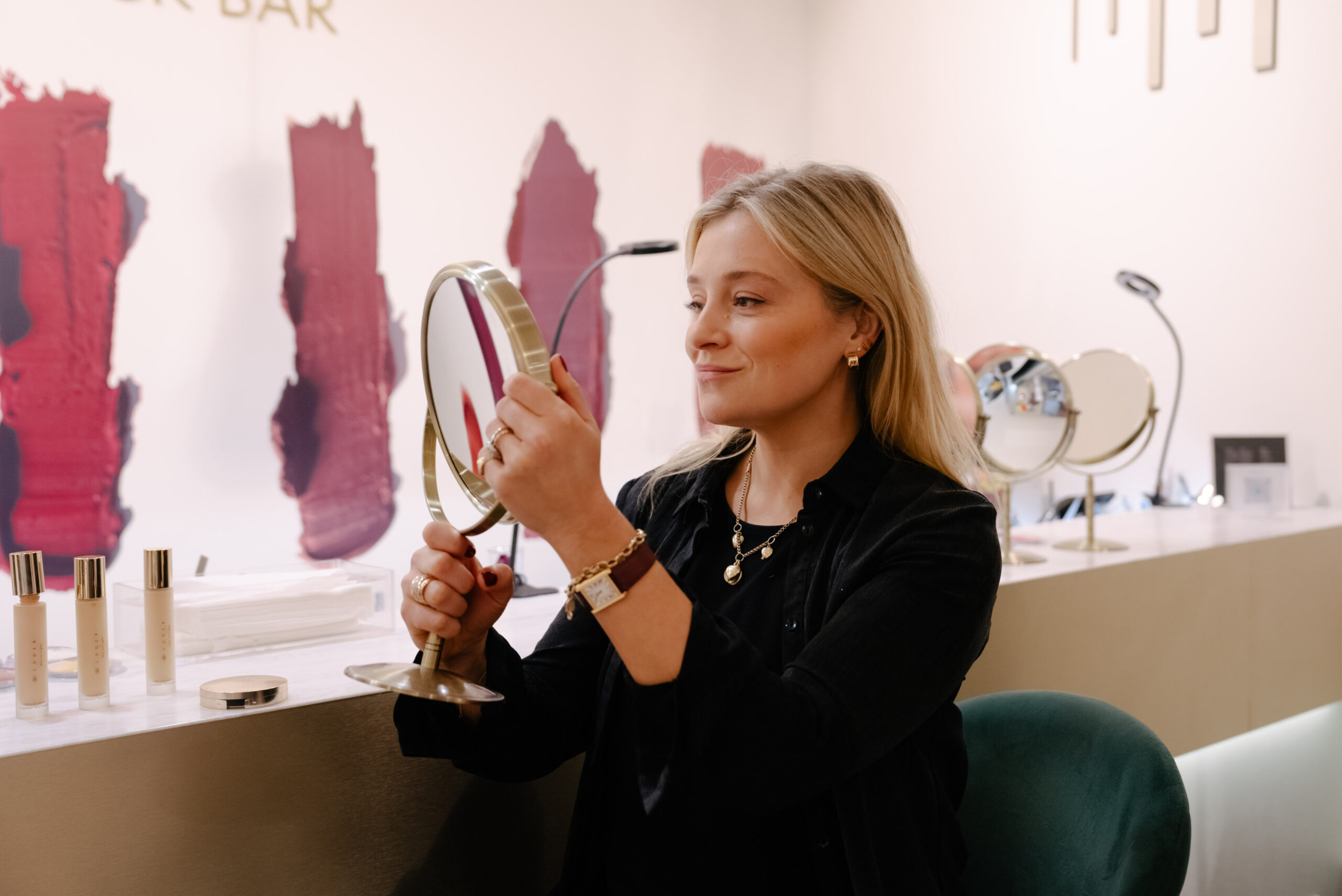 Code8: Beauty on Burlington Arcade
Code8: Beauty on Burlington ArcadeCome along Burlington Arcade with Hetty Lintell to visit beauty gurus Code8, and try their new Day To Night Foundation.
-
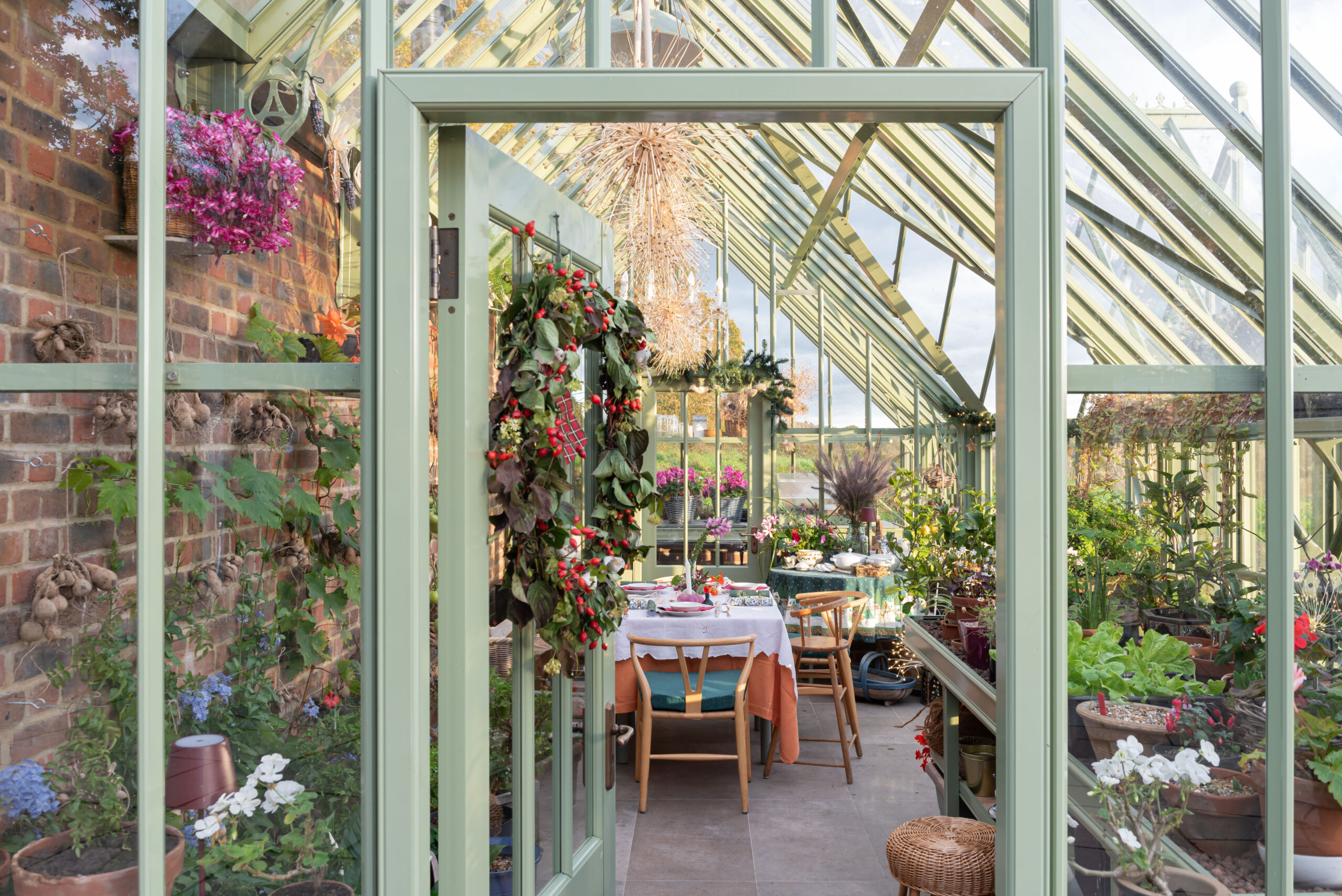 The gift of growing
The gift of growingEntirely built to suit your needs, a bespoke Alitex greenhouse not only helps you nurture flowers and vegetables, but also offers a tranquil retreat from the pressures of daily life.
-
 The ultimate Canadian train journey
The ultimate Canadian train journeyExperience the spectacular scenery of the Canadian Rockies onboard the luxury and top-tier service of Rocky Mountaineer.
-
 Diamonds are a man’s best friend
Diamonds are a man’s best friendMale interest in jewellery is on the rise, with gypsy and signet rings proving especially popular, according to renowned jeweller Hancocks.
-
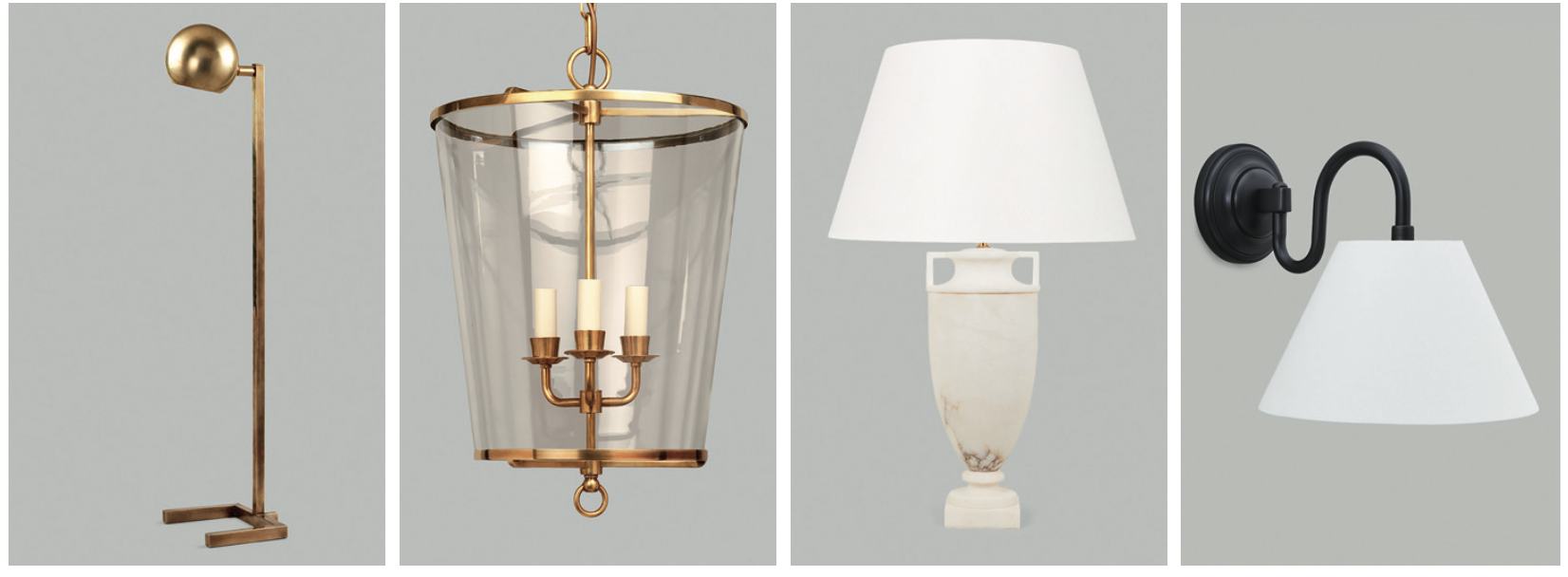 The Art of Lighting: Four of Britain's top designers share their best tips for choosing lighting
The Art of Lighting: Four of Britain's top designers share their best tips for choosing lightingAt a recent panel discussion hosted at Vaughan’s London showroom during Focus/24, interior designers Emma Pocock and Sarah Peake, lighting designer Jo Mann of Lighthouse Designs and Richard Smith of Vaughan shared their top 10 tips on choosing lighting.
-
 The beauty of bespoke: A journey with Julia Lloyd George
The beauty of bespoke: A journey with Julia Lloyd GeorgeGoing bespoke with Julia Lloyd George means getting not just a piece of jewellery, but a lifelong treasure.
-
 Hancocks: Sparkle of genius
Hancocks: Sparkle of geniusHistoric jewellery firm Hancocks, now in its new St James’s home, specialises in old-cut diamonds pieces that gleam and turn heads even in low light.

